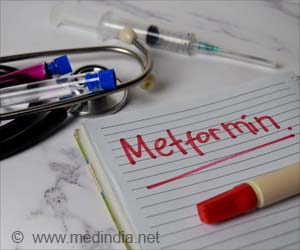
‘Cutting calories by a quarter resulted in the pace of aging slowing by around 2% to 3%.’
Tweet it Now
The intervention effect on DunedinPACE represented a 2-3 percent slowing in the pace of aging, which in other studies translates to a 10-15 percent reduction in mortality risk, an effect similar to a smoking cessation intervention.In worms, flies, and mice, calorie restriction can slow biological processes of aging and extend a healthy lifespan. The study aimed to test if calorie restriction also slows biological aging in humans.
The CALERIE™ Phase-2 randomized controlled trial, funded by the US National Institute on Aging, is the first-ever investigation of the effects of long-term calorie restriction in healthy, non-obese humans.
Can Calorie Restriction Extend Your Lifespan?
The trial randomized 220 healthy men and women at three sites in the U. S. to a 25 percent calorie restriction or normal diet for two years. CALERIE™ is an acronym for ‘Comprehensive Assessment of Long-Term Effects of Reducing Intake of Energy’.To measure biological aging in CALERIE Trial participants, researchers analyzed blood samples collected from trial participants at the pre-intervention baseline and after 12- and 24-months of follow-up. Humans live a long time but it isn’t practical to follow them until we see differences in aging-related disease or survival.
Instead, they rely on biomarkers developed to measure the pace and progress of biological aging throughout the study. The team analyzed methylation marks on DNA extracted from white blood cells.
Advertisement
The first two, the PhenoAge and GrimAge clocks, estimate biological age, or the chronological age at which a person’s biology would appear “normal”. These measures can be thought of as “odometers” that provide a static measure of how much aging a person has experienced.
Advertisement
The difference in results suggests that dynamic ‘pace of aging’ measures like DunedinPACE may be more sensitive to the effects of intervention than measures of static biological age.
These findings are important because they provide evidence from a randomized trial that slowing human aging may be possible. They also give us a sense of the kinds of effects we might look for in trials of interventions that could appeal to more people, like intermittent fasting or time-restricted eating.
The values of the DunedinPACE algorithm correspond to the years of biological aging experienced during a single calendar year, providing a measure of the pace of aging.
Source-Eurekalert












